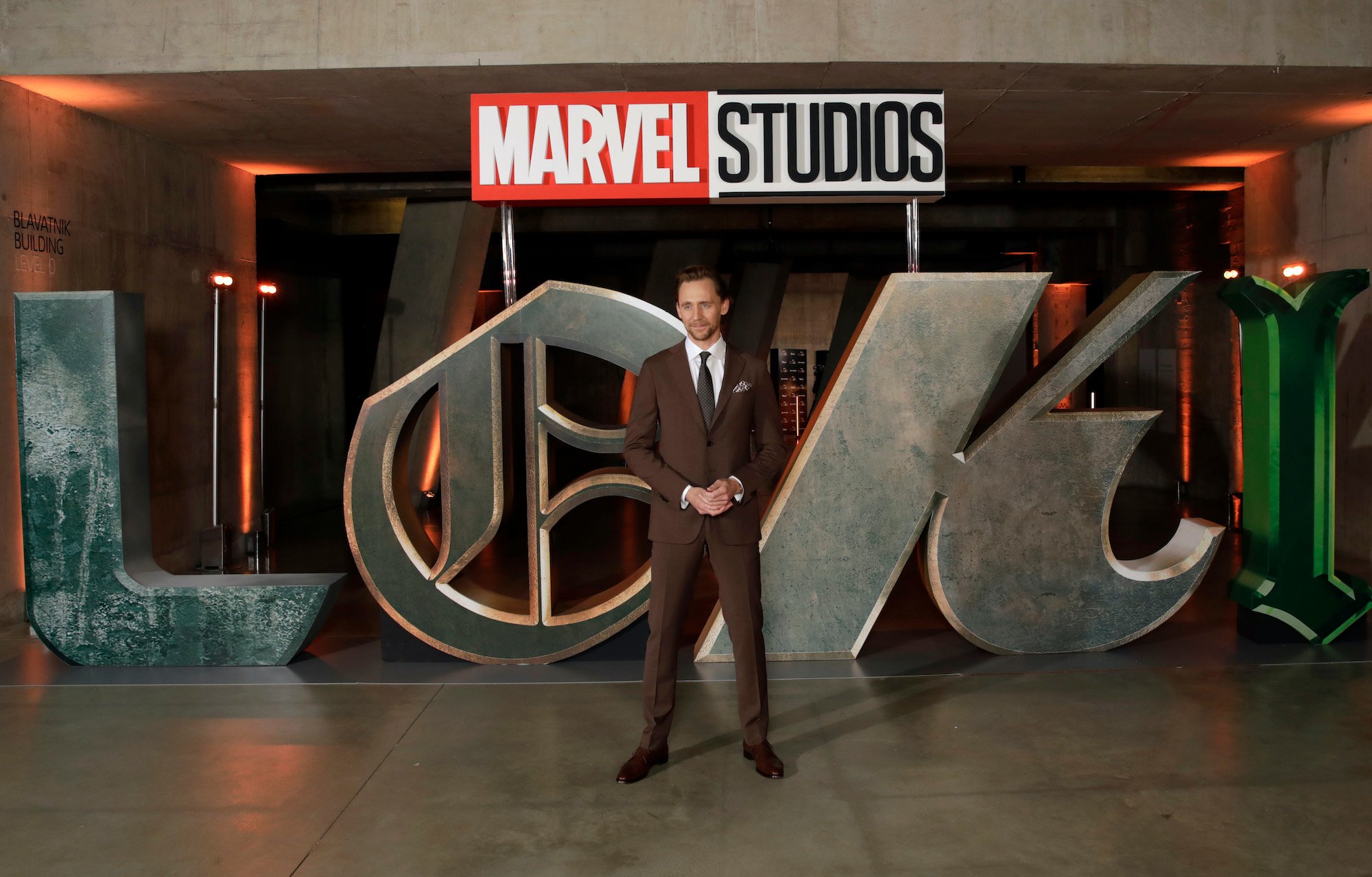Is Loki Truly Genderfluid? Tom Hiddleston Sets the Record Straight
Disney+ has released two episodes of its newest Marvel adventure, Loki, and the series is already a huge hit. The time-traveling God of Mischief is finally front-and-center, in a series completely focused on him.
Loki is one of Marvel comics’ most complex villains, with a wide range of abilities and powers. His shapeshifting ability has led to years of speculation about his gender, with the final consensus being that Loki is, indeed, genderfluid. Tom Hiddleston recently shared his views on the complexity of his character and the big reveal…
Loki: Playing tricks and causing chaos in the Marvel universe
Loki, God of Mischief, is the adopted son of Odin and Frigga. He was actually the son of the Frost Giant, King Laufey of Jotunheim, but he was too small and weak and they abandoned him. Odin took Loki to Asgard and raised him along with his son, Thor, and the two grew up together as brothers.
Loki grew resentful of his brother as they got older. He saw how much Odin loved Thor and he became jealous. In addition to a close relationship with their father, Thor also had the brawn and power of a superhero. Loki coveted those qualities, and he began to spend most of his time plotting to rule Asgard himself.
While Loki didn’t have the brute strength of his brother, he did have many talents. His many powers include telepathy, astral projection, shapeshifting, and teleportation, among many others. He eventually learns that he will one day initiate Ragnarok, which is basically armageddon for Asgard. He also unintentionally helps the Avengers form, which is something he deeply regrets and he becomes fixated on destroying them.
Was Loki genderfluid in the comics and in the MCU?

Loki’s gender fluidity has always been a part of the comic books, but it recently became official MCU canon. According to Inverse, a recent Twitter post shows a Time Variance Authority file on Loki. In the file, Loki’s gender is not classified as female or male, it’s listed as “fluid.” The reveal pleased fans greatly, not only because many people identify personally with the character, but because the MCU is also following comic book canon and even Norse mythology.
Loki’s gender fluidity was usually linked to his shapeshifting ability. In both Norse mythology and Marvel comics, Loki was able to change his shape to look like other people or even other creatures. He could shift into an animal, a child, a woman–there were no limits. Therefore, his gender was constantly shifting as well.
The shape shifting and gender changes were never really discussed in terms of identity. Loki’s ability to shift was referred to more as a way to disguise himself and carry out his tricks. The first real reference to his gender was in the 2014 Original Sin Vol. 1 #2. The brothers are in a society run by women, and Thor refers to them as “fair maidens.” Loki then says that he is also “sometimes” a fair maiden, but that doesn’t mean he’s safe to talk to.
When Loki shifts into a female, he is also referred to with she/her pronouns. That further clarifies that Loki’s shifting is just another element of his being, and not merely a disguise. There is also a time later in the comics when Odin refers to Loki as his “child who is both” a son and daughter.
What does Tom Hiddleston have to say about Loki’s gender fluidity?
Tom Hiddleston is now center stage in the Disney+ series, Loki. Fans are thrilled to finally see Hiddleston in a lead role, as he has done a phenomenal job bringing the character to life for the past 9 years. We’ve already seen the file on Loki, confirming his gender fluidity. But what does Hiddleston himself think about the whole thing?
Hiddleston completely agrees with the confirmation, telling Inverse, “Breadth and range of identity contained in the character has been emphasized and is something I was always aware of when I was first cast 10 years ago.” He agrees that it’s always been there, in the character, even if it wasn’t technically confirmed.
Although the genderfluid reveal stays true to the character’s mythological origins, and comic book canon, there will still be some disappointed fans. They might have hoped for the big reveal to take place in a film rather than a TV series, and they might not be pleased that the part isn’t played by a genderfluid actor. However, any type of representation in pop culture will raise awareness, and the MCU certainly reaches a large crowd.


